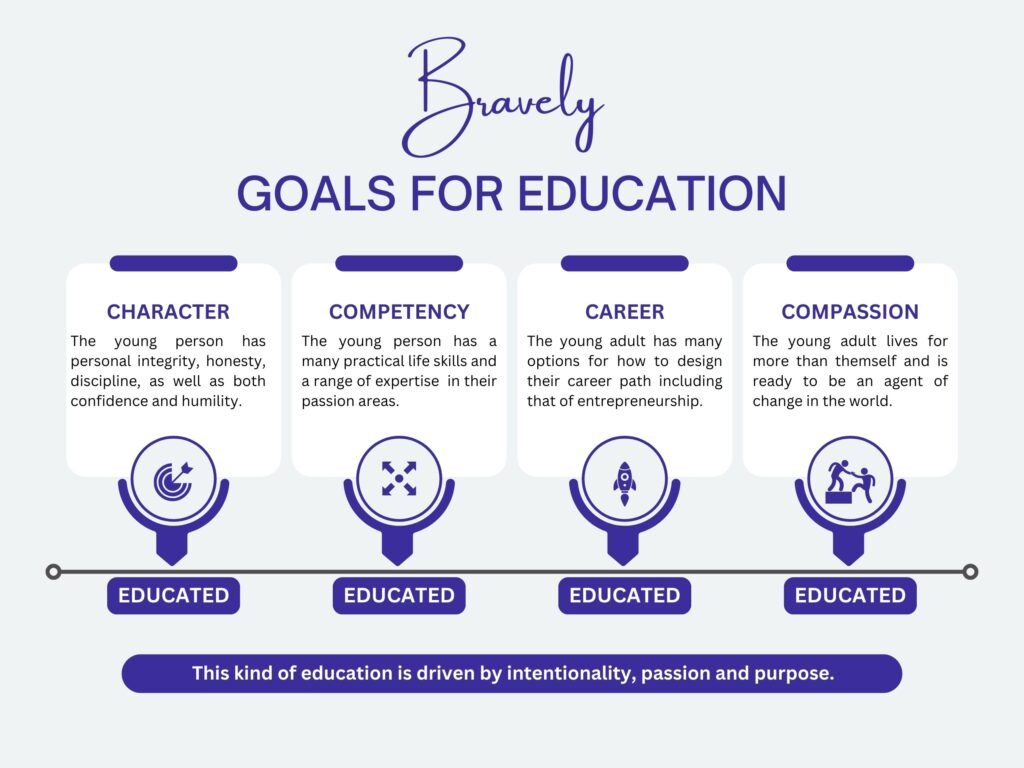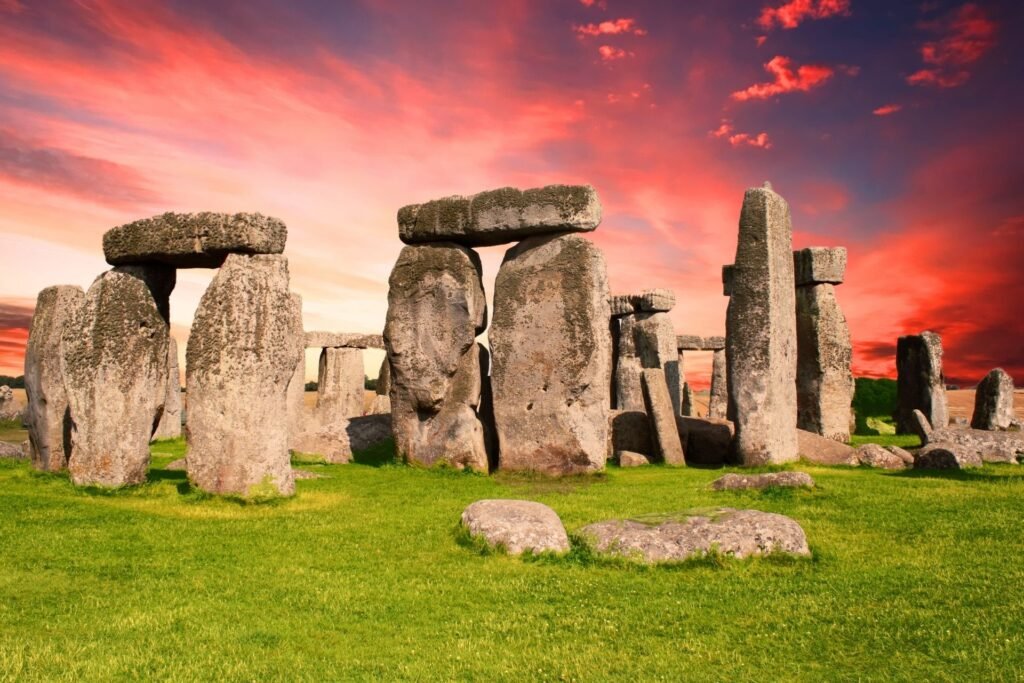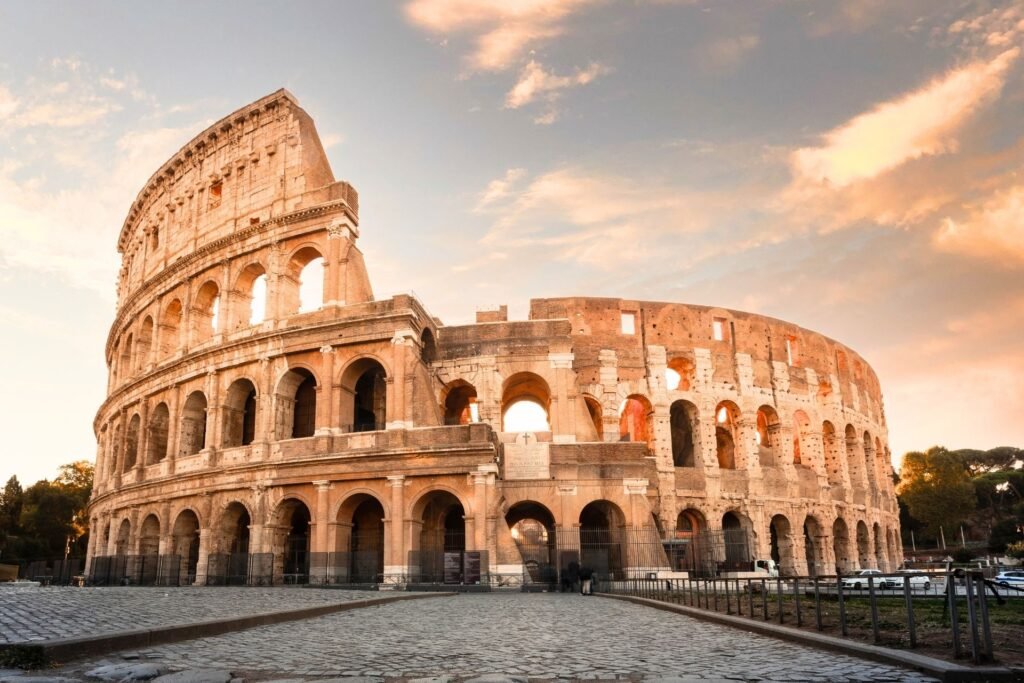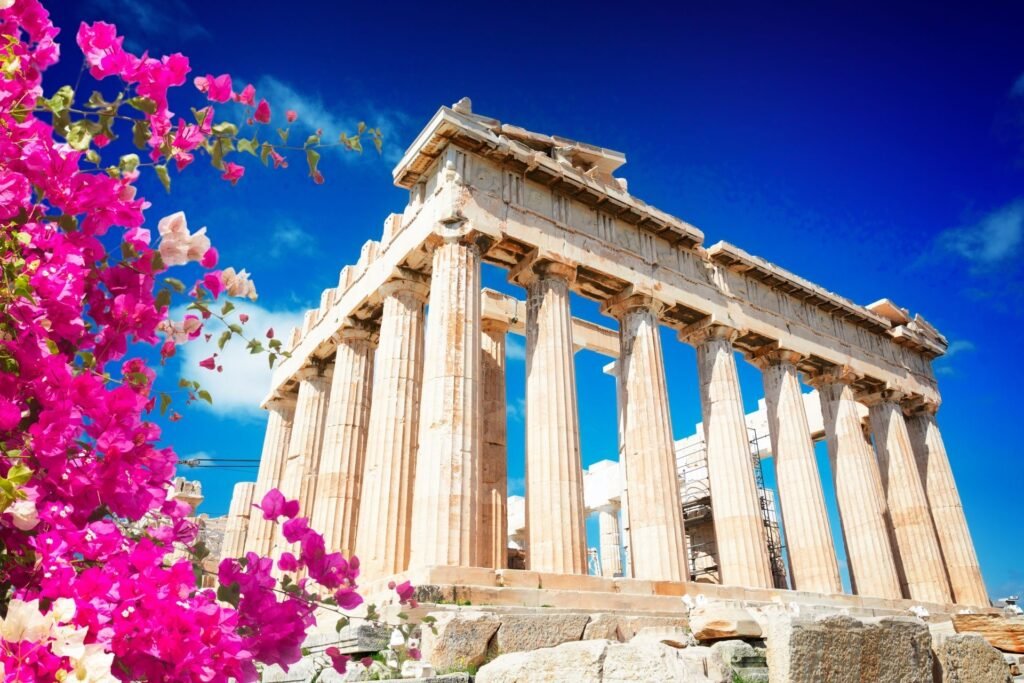Bravely Framework
The Bravely Framework framework offers a broad outline for integrating liberal arts education with global travel, and it’s entirely FLEXIBLE!
You as parents are the CEOs of your child’s education (not a school), so you are encouraged to use your creativity to select the places, people, tools and travel experiences that best suit your children’s interests and needs, creating a personalized and engaging learning experience as you explore the world together.
Instead of being driven by a curriculum with metrics, grades and standardized tests, we focus on adventure and travel as the main medium of education, supplemented by flexible online tools.
At the most basic level, just ask yourselves these five questions every day:
- Did my child experience and explore curiosity today? If so, great! Education is happening!
- Did my child make connections between people, places, and ideas they experienced today? If so, wonderful! Education is happening!
- Did my child practice creativity in some way today? If so, fantastic! Education is happening!
- Did my child develop more courage today? If so, wow! Education is happening!
- Did my child grow in being more aware of themselves (conscientiousness) and how they engage with the world today? If so, you are winning, mom or dad!


As we move through life together with our kids, we reach for different goals than most. We want to see character develop, competency grow, careers explored, and compassion honed. This is our idea of what “educated” means. And it’s driven by intentionality and passion.
Bravely’s Framework is influenced greatly by Sir Ken Robinson, Charlotte Mason, A Well-Trained Mind, and other innovative educators. We incorporate the studies of global worldviews and faith traditions as children begin to build a moral compass which will guide their lives.
So let’s dig in!

What to Teach in Pre-School Years
A child at this stage is full of natural curiosity, exploring the world primarily through play, sensory experiences, and simple interactions. They are just beginning to grasp basic concepts and form connections with their immediate environment, learning through observation and hands-on activities.
Focus on having daily adventures out into the world to meet new people and stimulate their senses. Build awareness, sensory strength and resilience. Be intentional about everything you do together, drawing out learning as they play, play, play! Everything below will come naturally without a curriculum as long as you are intentional.
Literature: Enjoy fairy tales and simple stories from different cultures through colorful picture books on an app like Epic. Connect these stories to the places you visit by discussing the characters and settings.
English Language (or Mother Tongue): Naturally explore phonics and basic spelling through playful activities and storytime. Develop early reading comprehension with simple picture books and engage in basic writing activities like tracing letters and simple words. Use an app like ABC Mouse to get familiar with online learning.
Foreign Language: Introduce basic vocabulary and simple phrases through songs, games, and picture books. Explore common greetings and vocabulary in at least three languages (or more) through the language apps from Gus on the Go to build foundational language skills.
History: Explore the basics of history through fun stories and interactive activities related to ancient civilizations and famous landmarks. Build the landmarks with building blocks and talk about where it is and what it is.
Art: Create art using drawing and painting inspired by your adventures and travels. Discover local art styles through simple crafts and activities.
Music: Listen to and play basic instruments from various cultures, and enjoy singing songs and dancing to traditional music.
Geography: Use a world map or country map to follow your travels and learn about different places. Explore local landmarks and geographical features in a hands-on way. Play dough is a fun tool tool for this.
Cultural Studies: Learn about different cultures by experiencing local traditions, foods, and festivals. Celebrate cultural holidays and try new activities. Have fun tasting international foods.
Economics: Play games that involve pretend shopping and trading, introducing basic ideas of money and value.
Natural Sciences
Biology: Observe plants and animals during nature walks, and learn about different ecosystems by exploring your surroundings through fun games like scavenger hunts, shadow drawing, and building a nature kitchen.
Earth Science: Discover simple concepts about weather, seasons, and landforms through interactive play and observation.
Physics: Conduct basic experiments with light and sound using everyday objects and natural materials. Encourage curiosity!
Math: Practice counting, sorting, and recognizing shapes and patterns as you travel.
Visual Arts: Explore drawing, painting, and crafting using a range of materials. Learn about different art styles through hands-on projects. Experience cultural festivals, art shows and art museums.
Performing Arts: Enjoy performances like children’s theater, puppet shows or dances from different parts of the world such as ballet, Irish dance, African dance or the Latin dances. Create music and movement activities inspired by local traditions. Try many different instruments. Play with Chromepad to learn about making music digitally.

What to Teach in Elementary Years
At this stage, a child is developing critical thinking and problem-solving skills. They are eager to learn about different cultures, environments, and a broader range of subjects. They begin to make connections between their experiences, compare different ideas, and explore the world with a growing sense of curiosity.
Literature: Read aloud as a family a wide range of fairy tales, classic children’s stories, and age-appropriate novels from different cultures, connecting stories to the places you visit. The Good & The Beautiful Book List is helpful for finding the Living Books like this. Use a reading app like Epic to access books from anywhere in the world.
English Language (or Mother Tongue): Advance phonics and spelling skills through interactive lessons and reading comprehension activities using an app such as Reading Eggs (which covers it all!) Practice writing by creative storytelling (verbal and written) and making simple poems. Enhance vocabulary through diverse reading materials.
Foreign Language: Learn basic grammar and vocabulary through interactive lessons and language games. Continue with apps like Gus on the Go until the child can read in their mother tongue, then switch to Duolingo. Connect language learning to travel experiences by practicing conversation and exploring cultural traditions related to the language.
History: Discover the history of ancient civilizations and famous figures through local museums, historical landmarks, and cultural experiences. Use an app like BrainPOPJr then BrainPOP, to explore ideas and concepts as kids are interested. Follow current events by listening to a podcast like KidNuz.
Art: Try drawing and painting scenes inspired by your surroundings and travels, and learn about famous local artists and art movements. Use BrainPOP to learn about art history. Use Google Arts & Culture for finding projects.
Music: Experience traditional music and instruments from different regions, and try playing simple instruments you find along the way.
Entrepreneurship: Set up a family “market” or craft booth at local fairs to sell handmade items or services, learning about trade and business in different places. Toward the end of middle school years,
Worldview / Faith Traditions: Explore different cultures and faith traditions through local festivals, religious sites, and traditional stories as you travel.
Geography: Use maps to track your travels and learn about the geography of each region you visit, from continents to local landmarks. Practice geography on an app like Seterra Geography and create frequent challenges around it.
Cultural Studies: Dive into the customs, languages, and daily life of the places you explore, gaining a deeper understanding of global diversity. Use an app like BrainPOPJr then BrainPOP, to explore ideas and concepts as curiosity is stoked.
Economics: Observe and discuss local economic systems, from market stalls to local businesses, and understand basic concepts of trade and value. Talk about local businesses and what their business model might be. Make a sample Business Model Canvas to see it visually.
Entrepreneurship: Launch a small family business project, like a lemonade stand or craft stall, to practice planning, marketing, and managing finances in different environments. Use a card like Greenlight to manage the money.
Worldview / Faith Traditions: Learn about local customs, traditions, and societal roles by engaging with communities and participating in cultural activities.
Biology: Observe and study local flora and fauna, conduct nature walks, and document your findings about ecosystems and wildlife. Use apps like Seek to identify plants and animals of interest. Explore NatGeo Kids to learn about animals and watch videos on BrainPOPJr then on BrainPOP to spur on curiosity.
Earth Science: Explore weather patterns, landforms, and geological features in different regions, and learn about their significance. Use an app like NightSky to track celestial movements and learn the mythology behind them. If there is interest, try a class from a platform like Khan Academy, CK-12 or Crash Course.
Physics: Conduct simple experiments using natural materials and phenomena you encounter, like light, sound, and motion in various environments. Regularly explore NASA Kids Club to track what’s happening in space. Travel with a pack of science experiment cards for when inspiration strikes.
Entrepreneurship: Create and market eco-friendly products or solutions inspired by local environmental issues, and understand their impact.
Worldview / Faith Traditions: Investigate how different cultures interact with and view nature through local environmental practices and traditions. Visit different houses of faith such as a church, mosque, synagogue or temple and observe what they believe.
Math: Apply basic arithmetic, shapes, patterns, and measurements in everyday travel scenarios, such as budgeting or navigation. In the early years, work through a progressive curriculum on a platform (we love MathSeeds), then switch to a workbook series such as Kumon’s Workbooks.
Entrepreneurship: Use math skills to manage family budgets, calculate costs for your travels, and analyze data for any entrepreneurial projects you undertake.
Worldview / Faith Traditions: Explore mathematical practices and concepts from different cultures through local traditions and historical achievements.
Visual Arts: Practice drawing, painting, and crafting based on your travel experiences, and learn about local art styles and techniques. Try making digital art with tools like Sketchpad or Procreate. Create a reflection project for each trip you take, such as nature photography, art journaling, or song-writing. Use drawing books and videos on Epic to practice techniques or take classes on Outschool based on interest.
Performing Arts: Participate in or observe local theater, dance, or music performances, and try your hand at performing or creating art inspired by your travels. Use tools like GarageBand to compose music. Learn to play an instrument or try singing or dancing lessons with private classes on Outschool.
Entrepreneurship: Organize and showcase a family art or performance event in different locations or online, learning about promotion and public presentation. Use an app like Canva for this.
Worldview / Faith Traditions: Discover how art and music reflect cultural values and practices in the places you visit.
Nature Study: Combine observations from nature walks with artistic expression and storytelling about the environments you explore. Keep a nature journal while learning on John Muir Laws.
Cultural Days: Create special days focused on exploring and celebrating the cultures you encounter, blending geography, history, and art into interactive activities.
Entrepreneurship: Develop travel-related business ideas, such as creating and selling travel guides or local crafts, integrating your experiences from different cultures. Use apps like Canva for this.
Worldview / Faith Traditions: Integrate your understanding of various cultures and traditions into all your learning activities and reflections.

What to Teach in Middle School Years
A child in this stage is becoming more independent in their learning. They dive deeper into global issues, start to form and articulate their own perspectives, and explore more complex ideas. They are capable of engaging in sophisticated discussions and projects, taking on more responsibility in their learning journey.
Literature: Read novels, myths, and poetry from different cultures, and analyze them in the context of your travels and experiences.
English Language (or Mother Tongue): Deepen grammar knowledge and reading comprehension with more complex texts on Epic. Work on self-directed learning with the Middle School English book from Big Fat Notebook. Enhance spelling and writing skills through writing prompts on The Learning Network from New York Times.
Foreign Language: Study intermediate grammar and sentence structures on Duolingo while reading beginner-level texts on Epic. Participate in cultural activities and conversations with native speakers to practice and apply language skills in real-world contexts.
History: Immerse into the history of the regions you visit, focusing on key events and figures through local historical sites and museums. Enjoy classes on Crash Course around areas of interest. Use an app like BrainPOP to explore ideas and concepts. Follow current events by listening to a podcast like KidNuz.
Philosophy: Engage in discussions about philosophical ideas and ethical questions inspired by different cultures and historical contexts.
Art: Explore various artistic styles and techniques found in the places you visit, and try your hand at different media.
Music: Learn about and practice playing traditional instruments, and deepen your understanding of music theory through online music lessons on Outschool for an instrument of your choice.
Entrepreneurship: Start a family business venture that relates to your travel experiences, such as offering local tours or workshops based on your skills.
Worldview / Faith Traditions: Study different belief systems and cultural practices in depth through visits to religious sites and interactions with local communities.
Sociology: Study the social dynamics of the communities you visit, including family structures and community roles.
Psychology: Explore human behavior and emotions by interacting with diverse populations and observing different social practices.
Political Science: Learn about local political systems and civic structures through visits to government buildings and discussions with locals.
Economics: Understand local economic practices and principles by observing markets, businesses, and trade practices in different regions.
Entrepreneurship: Develop a business model canvas for a project that addresses a local need or opportunity, drawing on your observations and experiences. Take an entrepreneurship class if there is interest.
Worldview / Faith Traditions: Examine how different cultures approach social issues and governance, and how these perspectives shape societal structures.
Biology: Study local ecosystems, wildlife, and plant life in various environments, and engage in field research and observations.
Chemistry: Conduct experiments related to the natural resources and materials found in the regions you visit, and learn about local chemical practices.
Physics: Explore physical principles through hands-on experiments and observations of natural phenomena, such as local geological features.
Entrepreneurship: Create science-based projects or products inspired by your travels, such as eco-friendly solutions or inventions, and market them.
Worldview / Faith Traditions: Discover how different cultures understand and interact with natural phenomena and environmental issues.
Math: Apply pre-algebra, geometry, and data analysis to real-world scenarios you encounter, such as budgeting and navigation.
Entrepreneurship: Use mathematical skills to manage and analyze data for your family business projects, ensuring accurate budgeting and financial planning.
Worldview / Faith Traditions: Explore how different cultures approach mathematics and its applications in various fields.
Visual Arts: Practice drawing, painting, and crafting based on your travel experiences, and learn about local art styles and techniques. Try making digital art with tools like Sketchpad or Procreate. Create a reflection project for each trip you take, such as nature photography, art journaling, or song-writing. Use drawing books and videos on Epic to practice techniques or take classes on Outschool based on interest.
Performing Arts: Participate in or observe local theater, dance, or music performances, and try your hand at performing or creating art inspired by your travels. Use tools like GarageBand to compose music. Learn to play an instrument or try singing or dancing lessons with private classes on Outschool.
Entrepreneurship: Plan and execute a travel-themed performance or art show, including all aspects of event organization and promotion.
Worldview / Faith Traditions: Investigate how art and music from different cultures reflect their values and traditions.
Environmental Studies: Combine studies of local ecosystems, environmental practices, and sustainability through hands-on projects and research.
Global Studies: Undertake projects that explore global cultures, current issues, and international trends, integrating various subjects.
Entrepreneurship: Design a project that addresses an international challenge or opportunity, using your interdisciplinary knowledge and experiences.
Worldview / Faith Traditions: Weave your understanding of diverse cultures and traditions into every aspect of your learning and projects.

What to Teach in High School Years
At this stage, a child is honing their ability to think critically and creatively, often taking the lead in their learning experiences. They explore advanced concepts, consider future career paths, and apply their knowledge to real-world challenges. This stage emphasizes independence, with a focus on entrepreneurial or global initiatives as they prepare for adulthood.
Literature: Analyze classic and contemporary literature from various cultures, focusing on themes, literary techniques, and historical contexts.
English Language (or Mother Tongue): Refine advanced grammar, reading comprehension, and writing skills through critical essays, research papers, and literary analysis. Develop a sophisticated vocabulary and engage in complex writing projects.
Foreign Language: Dive into advanced language studies, including literature, history, and advanced grammar. Engage in immersive experiences through internships, exchange programs, or travel to regions where the language is spoken, aiming for fluency and deeper cultural understanding.
History: Explore detailed world and regional histories, and specialize in topics like the Renaissance or modern history through extensive local research.
Philosophy: Study major philosophical texts and thinkers, engage in critical discussions on ethics, logic, and metaphysics, and connect ideas to different cultural perspectives.
Art History: Investigate major artistic movements and artists, understanding their cultural impact and evolution through museums and galleries worldwide.
Music: dive into advanced music theory, composition, and performance, and study the evolution of music in different cultures.
Entrepreneurship: Develop and execute a comprehensive business plan for a global startup, incorporating market research, financial strategies, and pitch presentations.
Worldview / Faith Traditions: Conduct in-depth research and comparative studies of global worldviews and religious traditions through immersive experiences.
Sociology: Examine social structures, inequalities, and institutional roles in different societies, and how they affect global and local communities.
Psychology: Study advanced psychological theories, cognitive development, and mental health issues, applying these concepts to diverse cultural contexts.
Political Science: Investigate political ideologies, governance systems, and international relations through direct experiences and local observations.
Economics: Explore complex economic theories, personal finance, and global economic systems, and how they apply to different regions.
Entrepreneurship: Launch and manage a real or virtual business, focusing on global market strategies, international trade, and scalability.
Worldview / Faith Traditions: Analyze how various cultures and religious perspectives influence social structures, governance, and global issues.
Biology: Explore advanced topics such as genetics, human anatomy, and environmental science by studying diverse ecosystems and conducting field research in different regions.
Chemistry: Engage in experiments and research on chemical reactions, organic chemistry, and materials science, using local resources and labs.
Physics: Investigate principles of mechanics, electricity, and magnetism through hands-on experiments and observations of physical phenomena in various settings.
Entrepreneurship: Develop and commercialize innovative scientific products or solutions inspired by your observations and experiments, creating a business plan for their introduction to the market.
Worldview / Faith Traditions: Study how various cultures approach environmental conservation, scientific inquiry, and natural phenomena, integrating traditional knowledge with modern science.
Math: Apply advanced topics like algebra II, calculus, trigonometry, and statistics to real-world travel scenarios, including data analysis and financial management.
Entrepreneurship: Use mathematical skills to drive business decisions, analyze market data, and manage financial aspects of your family’s entrepreneurial ventures.
Worldview / Faith Traditions: Discover how mathematical concepts and practices have evolved across cultures, and their applications in different historical and modern contexts.
Visual Arts: Create and refine art projects based on your travels, experimenting with different media and styles influenced by the regions you visit.
Performing Arts: Participate in or organize performances such as theater, dance, or music, integrating elements from diverse cultures into your productions.
Entrepreneurship: Plan and execute international art shows or performances, including all aspects of event management, from logistics to promotion and audience engagement.
Worldview / Faith Traditions: Explore how art and music reflect cultural values and historical contexts through visits to galleries, performances, and local art communities.
Environmental Studies: Conduct integrated projects combining biology, geography, and earth science to address environmental challenges and sustainability issues observed during your travels.
Global Studies: Develop comprehensive projects that explore global cultures, current international issues, and global trends, connecting historical, social, and environmental aspects.
Entrepreneurship: Create and manage a global initiative or business that addresses an international issue or capitalizes on a global trend, leveraging your interdisciplinary knowledge and experiences.
Worldview / Faith Traditions: Incorporate the study of various cultures, traditions, and belief systems into all your projects and learning experiences, reflecting on their global impact.
Get Started
By embracing this travel-centered educational framework, you have the opportunity to create a personalized, liberal arts-influenced learning journey for your child. At each stage—Pre-School, Elementary, Middle, and High School—your child will explore diverse cultures, environments, and ideas firsthand, fostering critical thinking, cultural awareness, and adaptability.
Through immersive experiences encountered during your travels, you can nurture their curiosity and entrepreneurial spirit while integrating studies in humanities, sciences, and the arts. This approach not only cultivates academic excellence but also prepares your child to become a compassionate and informed global citizen, ready to navigate and contribute to an interconnected world.

